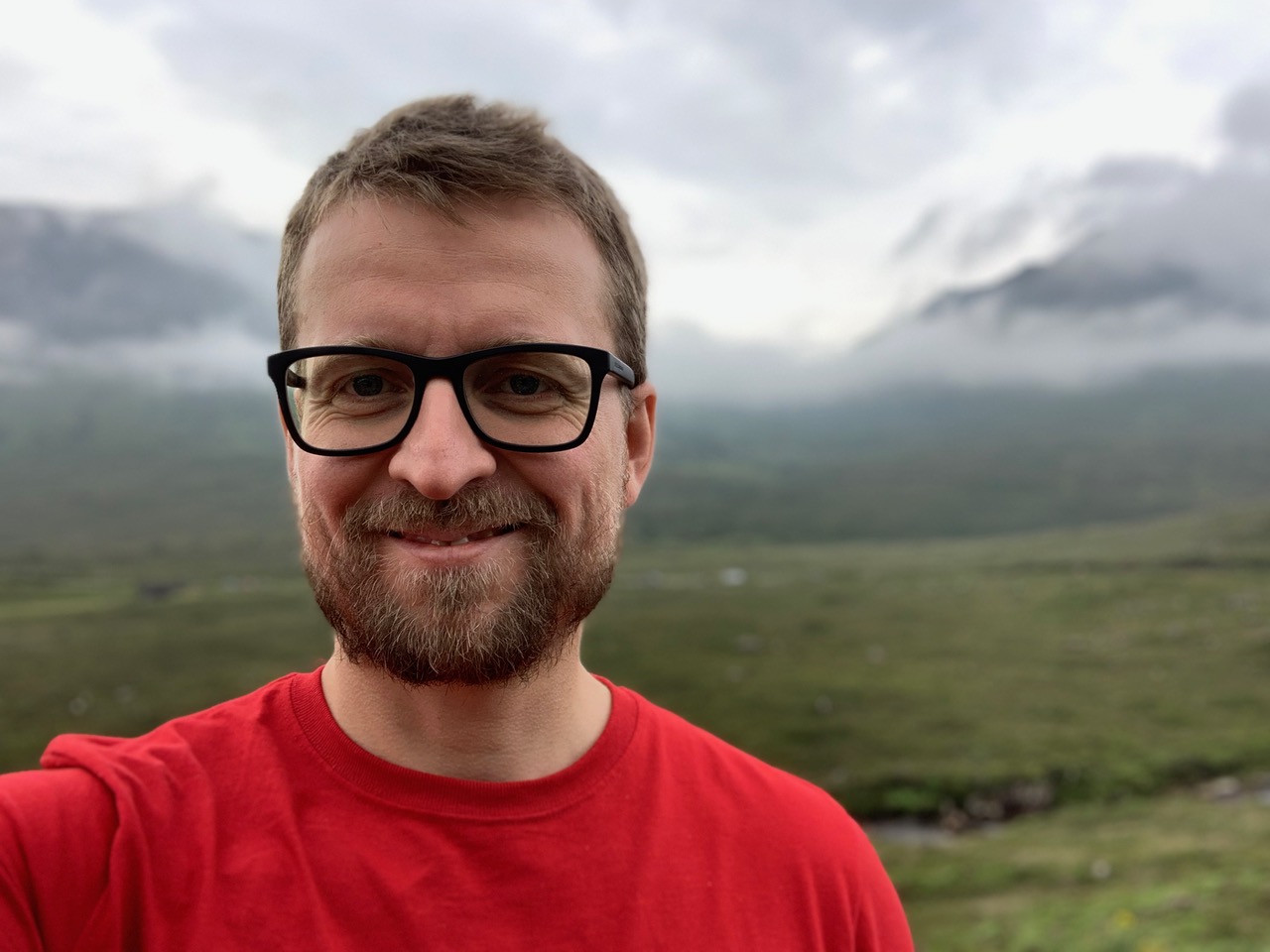Christian Landry, PhD
Chercheur principal
e-mail: Christian.Landry [at] bio.ulaval.ca
Biographie
J’ai obtenu mon baccalauréat en Biologie de l’Université Laval. Au premier cycle, j’ai étudié la biologie du développement avec la Pr Lucie Jeanotte. Mon projet de recherche visait à caractériser certains phénotypes de souris KO pour un gène Hox spécifique. Alors que je participais à un cours d’écologie moléculaire, j’ai lu un livre de LL Cavailli-Sforza sur la génétique des populations humaines dans lequel il montrait comment les schémas de migration des populations humaines pouvaient être décrits à l’aide de la fréquence de marqueurs moléculaires tels que les groupes sanguins. J’ai été impressionné par cette approche et j’ai décidé d’étudier l’évolution au niveau moléculaire. J’ai contacté certains laboratoires au Royaume-Uni et aux États-Unis pour faire de la génétique des populations humaines. Ils m’ont conseillé de faire une maîtrise et l’un d’eux m’a suggéré de la faire avec le Pr Louis Bernatchez ici à l’Université Laval. J’ai donc rejoint le laboratoire Bernatchez et étudié la génétique des populations des gènes d’histocompatibilité majeure. Durant cette période, j’ai suivi un cours avec le Pr Pierre Morisset sur la spéciation et j’ai été impressionné par les différents processus de spéciation et par la manière dont l’étude de la génétique de la spéciation permettait de mieux comprendre comment les espèces se divisent. J’ai donc décidé d’en faire mon sujet de doctorat et j’ai postulé dans des écoles supérieures aux États-Unis, à l’Université Harvard et à l’Université de Rochester, pour travailler sur les oursins ou la drosophile. J’ai choisi Harvard et étudié la spéciation des oursins pendant un an, après quoi mon directeur de thèse a déménagé à Stanford. J’ai donc recommencé mon doctorat et rejoint le laboratoire du Pr Daniel Hartl pour étudier l’évolution de l’expression des gènes chez la levure et la drosophile. C’est là que j’ai commencé à utiliser la génomique et la bioinformatique pour étudier la biologie des systèmes. À la fin de mon doctorat, j’avais envie d’apprendre et d’essayer quelque chose de nouveau. J’ai donc rejoint le laboratoire du Pr Stephen Michnicks à Montréal pour étudier les protéines et leur évolution. Après deux ans dans le laboratoire Michnicks, j’ai obtenu mon propre financement et un poste à l’Université Laval pour démarrer mon groupe de recherche.
Intérêts
Je m’intéresse à l’évolution des systèmes biologiques, en particulier les systèmes cellulaires tels que les réseaux de gènes et l’organisation du génome. J’aimerais mieux comprendre comment l’environnement et la dynamique des populations affectent l’évolution de ces systèmes et en même temps, mieux comprendre comment l’organisation de ces réseaux elle-même module leur propre évolution.
